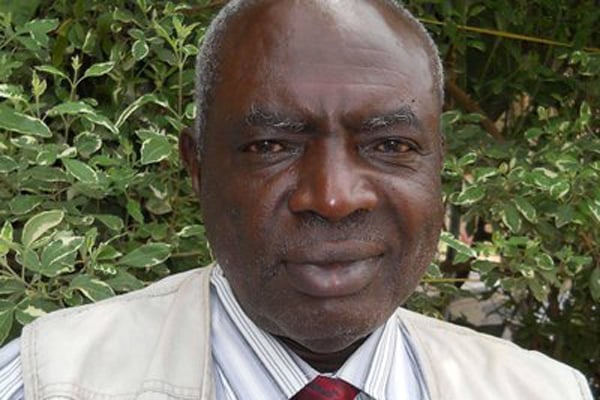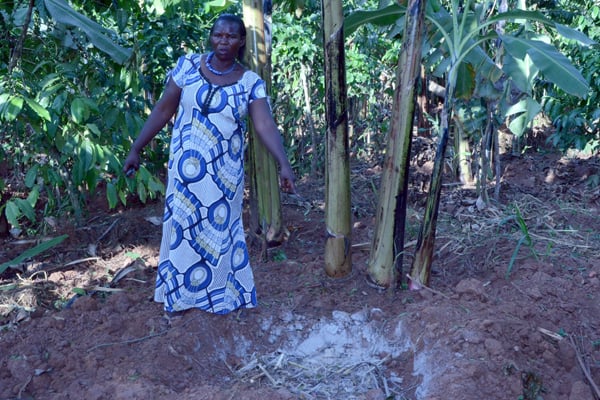Prime
UN urges countries not to forget small-scale farmers

Small-scale farmers sell agricultural products in Barr Sub- County, Lira District of northern Uganda, on November 28, 2023. PHOTO BY BILL OKETCH
An international financial institution, which is also a United Nations specialized agency, has urged global leaders not to forget small-scale farmers “if we want to feed the world and safeguard the planet.”
The International Fund for Agricultural Development (IFAD) says world leaders should urgently focus far more attention and funding to millions of small-scale farmers who feed much of the world, also contributing to food security.
In a November 29 statement, IFAD notes that small-scale farmers produce one third of the world’s food (up to 70 per cent in many developing countries) yet their livelihoods and capacity to feed the planet are threatened by changing rain patterns, the deterioration of ecosystems and extreme weather events.
“Solutions to help small-scale farmers adapt exist and provide numerous benefits in terms of emissions reduction, improved production and yields and natural resources protection, but require significant investments to implement change at a global scale,” IFAD communications chief Caroline Chaumont said.
According to her, a delegation led by IFAD president Alvaro Lario will be participating directly in the World Climate Action Summit commonly referred to as COP28.
“To draw attention to challenges and solutions, IFAD is organizing 12 high-level events at the food pavilion which will feature climate experts, small-scale farmers, youth, and development partners,” IFAD says.
Also, the organisation will launch its White Paper on Climate Adaptive and Water Resilient Food Systems prepared in collaboration with the NDC Partnership. The White Paper makes the business case for significant investments in food systems to ensure they are resilient to climate change and able to address water challenges.
“This year, IFAD is partnering with CGIAR, FAO and the Rockefeller Foundation to jointly host the Food Pavilion – a hub for discussing how agrifood systems can be part of the solution to the climate crisis while providing nourishing and sustainable food for the world and promoting decent livelihoods for small-scale farmers and rural communities,” Chaumont added.




